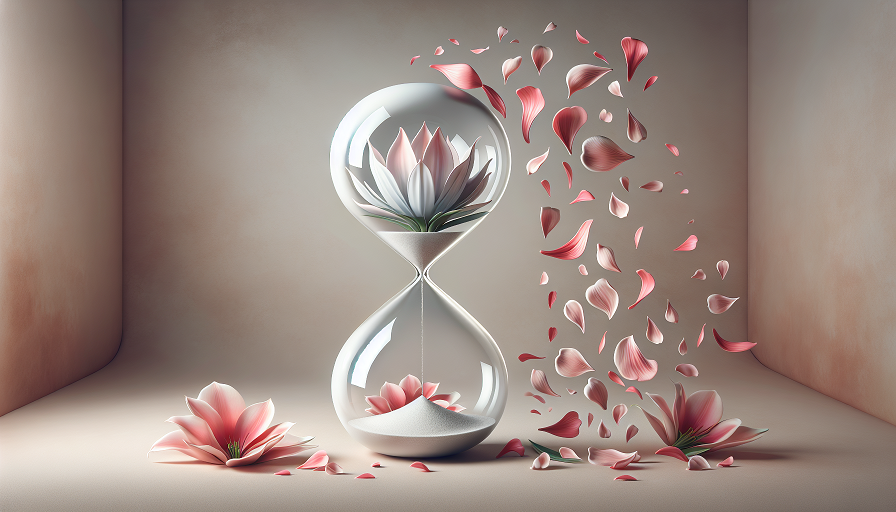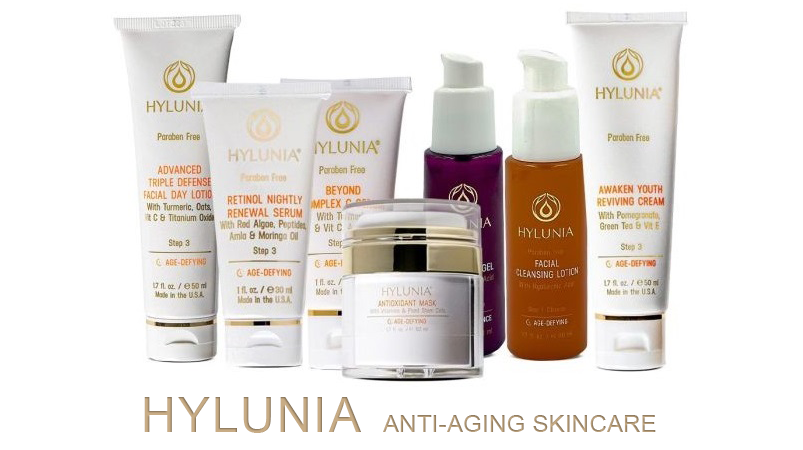
As skin ages, one thing becomes crystal clear—hydration is essential. Not only does moisture help soften fine lines, but it also keeps skin resilient and vibrant. Aging skin tends to lose its ability to retain water, leading to dryness, dullness, and, yes, more wrinkles. But with the right hydrating products, you can help restore that youthful glow.
Contents
The Science of Aging Skin and Moisture Loss
As we age, skin undergoes natural changes that affect its ability to stay hydrated. Collagen production slows, natural oils decrease, and the skin’s barrier weakens. All of these changes lead to more water loss and, as a result, dryness and a lack of that dewy, plump look that defines youthful skin.
What Happens to Skin’s Natural Moisture Barrier?
Our skin has a barrier made up of lipids (fats) that help lock in moisture and keep irritants out. Over time, this barrier weakens, making it easier for water to escape. Once that barrier is compromised, it’s a lot harder to keep skin hydrated. This is why moisture-boosting products become increasingly important as we age.
Signs Your Skin Needs Extra Hydration
- Dry patches that appear regularly, especially around the cheeks and forehead
- A feeling of tightness throughout the day
- Fine lines that seem more pronounced than usual
If any of these signs sound familiar, your skin could benefit from targeted hydration products.
Key Ingredients to Look For in Hydrating Products
Not all hydration products are created equal, and some ingredients are particularly effective for aging skin. Look for these tried-and-true hydrators to get the most out of your skincare.
Hyaluronic Acid: The Ultimate Hydrator
Hyaluronic acid is like a big drink of water for your skin. It can hold up to 1,000 times its weight in water, drawing moisture from the environment into your skin. This ingredient is lightweight yet powerful, making it perfect for layering under other skincare products to add an extra hydration boost.
Glycerin: The Unsung Hero of Hydration
Glycerin is another excellent humectant, which means it attracts water to the skin. It’s a common ingredient in moisturizers for a reason—it’s effective and compatible with all skin types. It creates a protective layer on the skin, locking in moisture for a soft, supple feel.
Ceramides: Strengthen the Skin Barrier
Ceramides are lipids that naturally occur in the skin, and they play a huge role in keeping your skin barrier intact. Using products with ceramides helps restore this barrier, which is crucial for retaining moisture and keeping irritants out. Think of ceramides as the “mortar” between the “bricks” of your skin cells, keeping everything strong and secure.
Choosing the Right Hydrating Product for Your Skin Type
Even with aging skin, everyone’s moisture needs are different. Some may prefer lightweight serums, while others benefit from rich, emollient creams. Here’s a guide to picking the right type of hydration product for your skin type.
For Dry or Very Dry Skin: Rich Creams and Oils
If your skin feels tight or flaky, go for rich creams or oils. These products contain a blend of humectants, emollients, and occlusives to lock in moisture. Look for creams with ingredients like shea butter, ceramides, and plant oils, which help create a barrier and prevent water loss.
For Oily or Combination Skin: Lightweight Gels and Serums
Even if your skin is on the oilier side, it still needs hydration. Lightweight gels and serums with hyaluronic acid or glycerin are ideal because they hydrate without clogging pores. They provide moisture without a greasy feel, leaving skin balanced and hydrated.
Hydrating Product Types and How to Use Them
There are several types of hydrating products out there, and layering them can give your skin a well-rounded hydration boost. Here’s a breakdown of each type and how to make the most of them in your routine.
Hydrating Serums
Hydrating serums are usually water-based and packed with humectants like hyaluronic acid and glycerin. Apply them after cleansing but before heavier products. A few drops of a good hydrating serum can make your skin feel instantly plumper.
Moisturizers
Moisturizers come in all textures, from lightweight lotions to thick creams. For aging skin, opt for a formula with ceramides, glycerin, and hyaluronic acid. Apply moisturizer after your serum to lock in hydration and keep skin soft throughout the day.
Facial Oils
Oils are occlusive, meaning they seal in moisture and help prevent water loss. You can apply a facial oil as the last step in your skincare routine to lock in all the hydration from your serum and moisturizer. Oils like jojoba and rosehip are great for aging skin.
Overnight Masks
Overnight masks are a fantastic way to give your skin an intense hydration boost while you sleep. These masks are typically richer and contain a blend of hydrating and repairing ingredients, so you wake up with plumper, softer skin.
Creating a Hydration-Focused Skincare Routine
Building a skincare routine with hydration as the focus can make a noticeable difference in the appearance and feel of aging skin. Here’s a simple routine to help you keep skin moisturized from morning to night.
- Step 1: Cleanser – Start with a gentle, hydrating cleanser that doesn’t strip your skin’s natural oils.
- Step 2: Hydrating Serum – Apply a few drops of a hydrating serum with hyaluronic acid for an extra moisture boost.
- Step 3: Moisturizer – Choose a moisturizer suited to your skin type, and don’t forget to massage it in gently.
- Step 4: SPF (Morning Only) – Sunscreen protects against moisture loss caused by UV rays, so don’t skip it!
- Step 5: Facial Oil (Optional) – At night, finish with a facial oil to seal in all that hydration and nourish your skin as you sleep.
Consistency is key. Sticking to a hydration-focused routine can help keep aging skin plump, smooth, and resilient.
Additional Tips to Maximize Hydration
Hydrating products are essential, but a few extra steps can also help your skin stay hydrated longer. Here are some simple tips to keep in mind.
Apply to Damp Skin
Applying hydrating products to damp skin helps them absorb better and lock in extra moisture. Try misting your face with a little water before applying serum or moisturizer.
Use a Humidifier
Dry air can zap moisture from your skin, so consider using a humidifier at home, especially in winter. It adds moisture to the air, which can keep your skin from feeling dry and tight.
Stay Hydrated from the Inside Out
Drinking plenty of water and eating water-rich foods (like cucumbers and watermelon) can keep your skin hydrated from within. Hydration isn’t just an outside job—keeping your body hydrated is essential for overall skin health.
With the right hydrating products and a few simple tweaks, you can help your skin stay soft, smooth, and vibrant at any age. When it comes to anti-aging, moisture truly is the key to unlocking that youthful glow.

